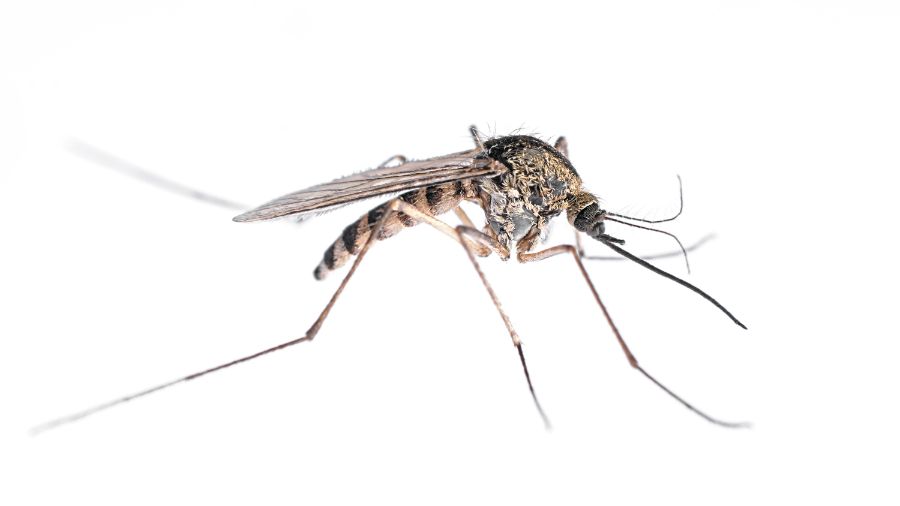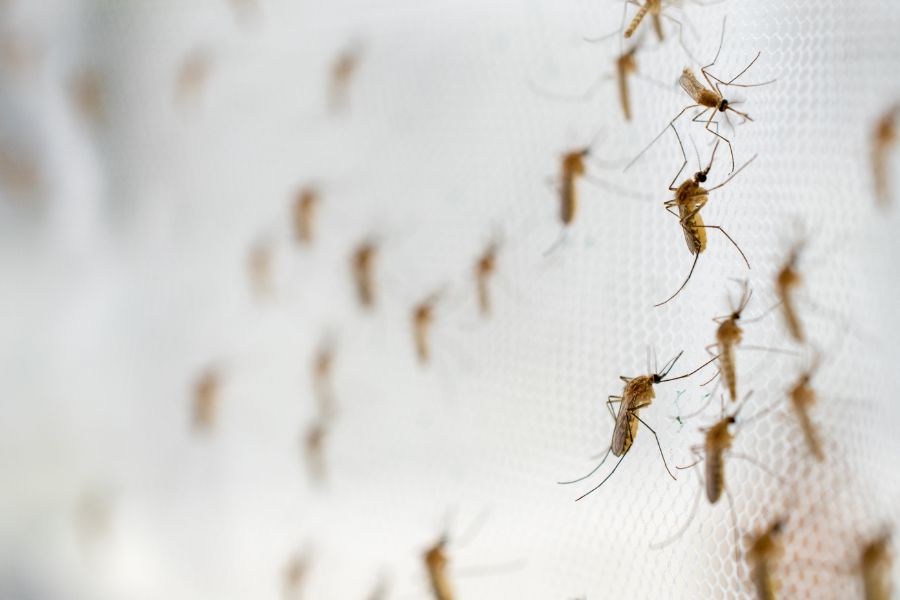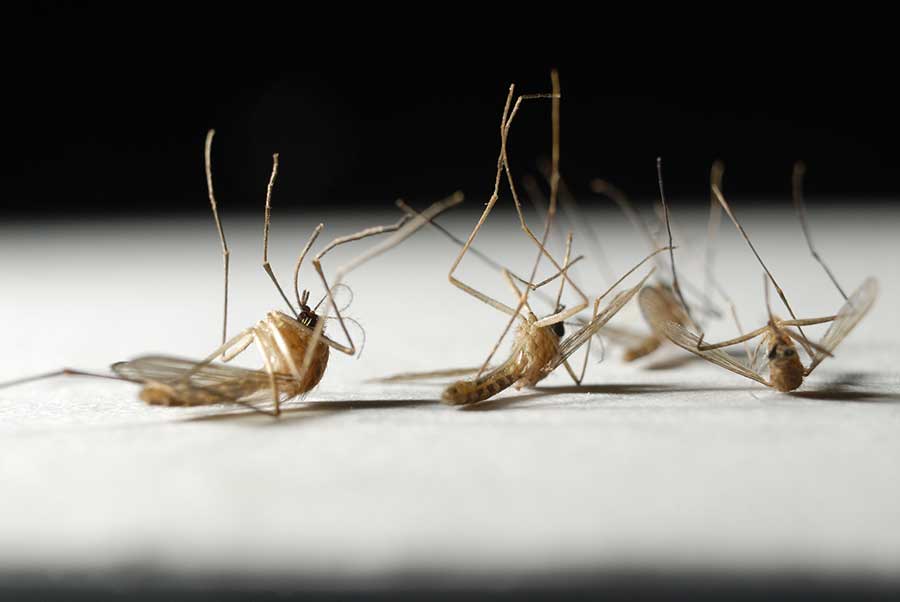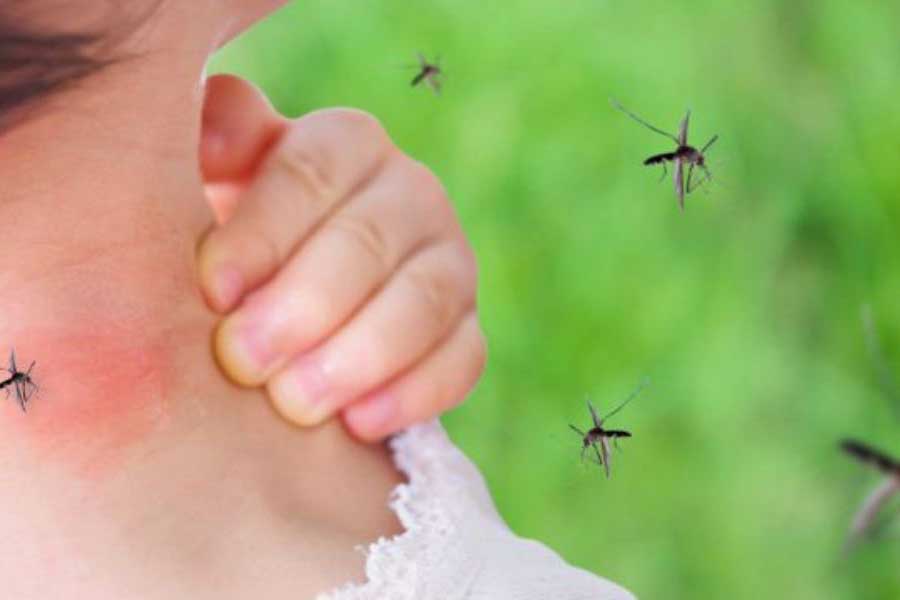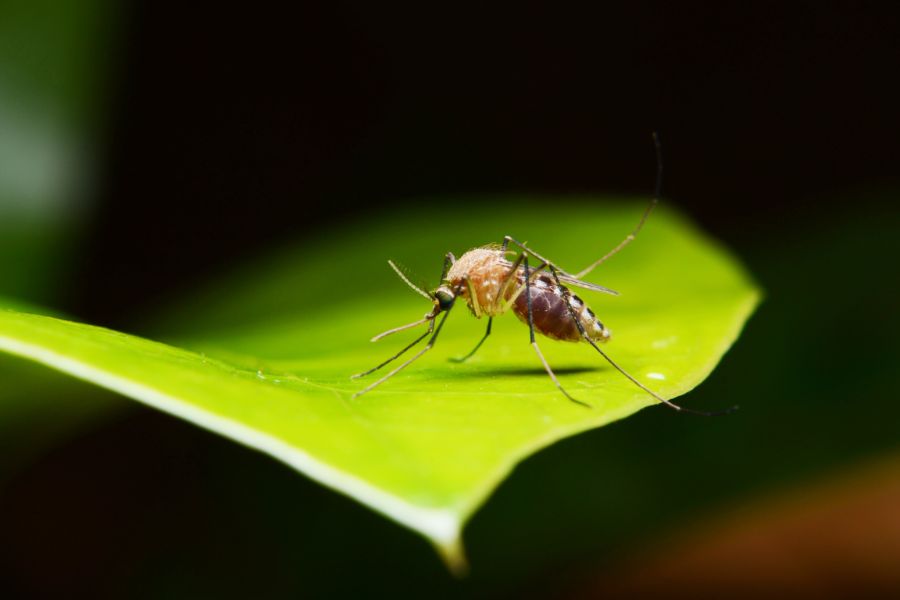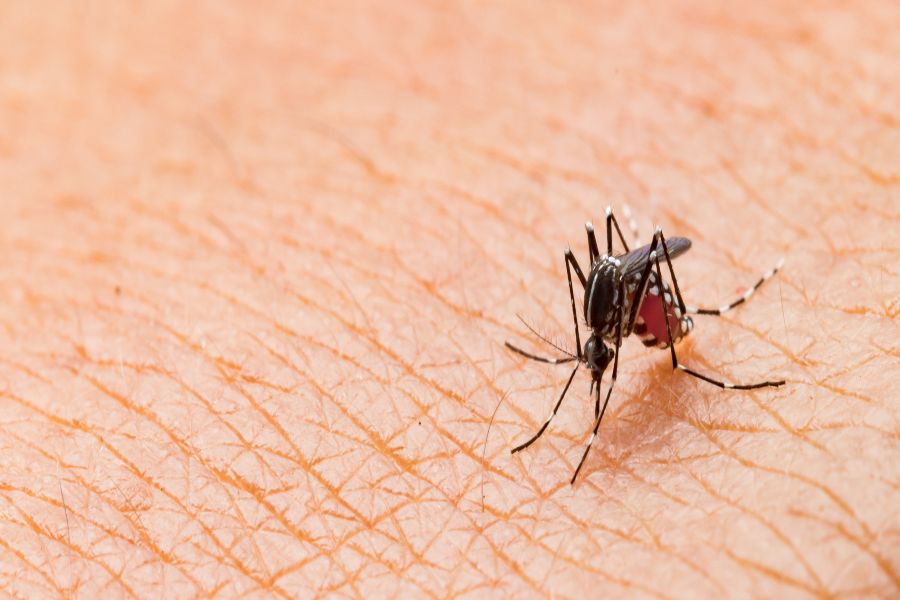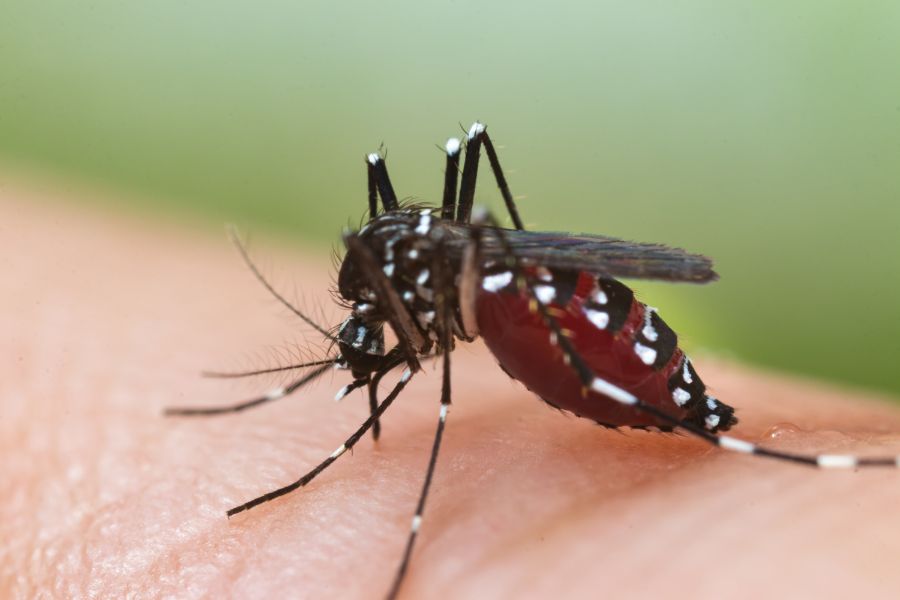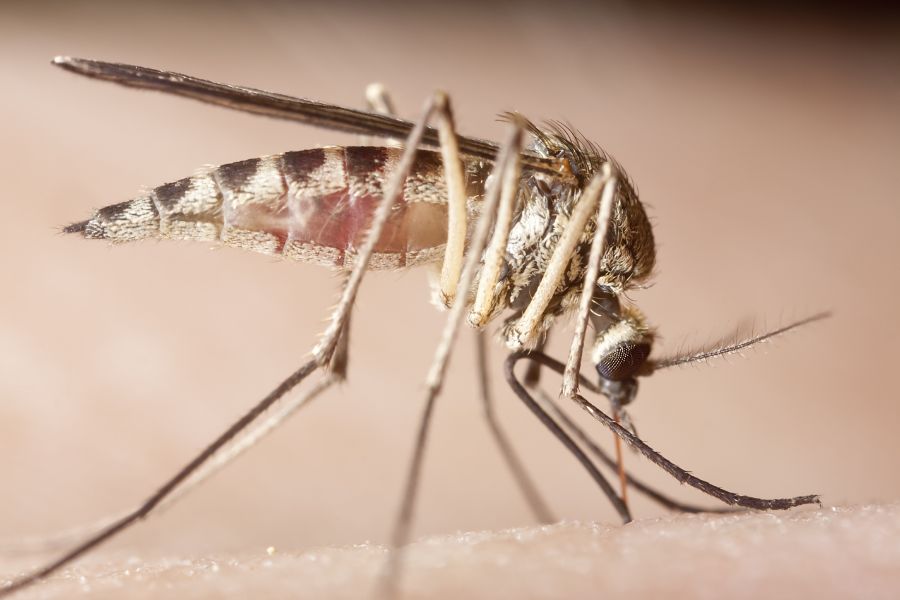Mosquito Identification
- How to prevent mosquito bites in Jacksonville FL
- How to prevent mosquitoes in your yard
- Do citronella candles keep mosquitoes away?
- How do you keep mosquitoes away naturally?
- What is the most effective mosquito repellent in Jacksonville FL?
- Do mosquito traps really work?
- Are mosquitoes attracted to light?
- What are the best plants to keep mosquitoes away?
Mosquitoes are often mistaken for other flying insects. Their distinct features include a small size and an elongated proboscis used for feeding, setting them apart from similar species.
Female mosquitoes need stagnant water to lay their eggs. Common breeding sites include unused birdbaths, buckets, old tires, and similar locations where water can accumulate and remain undisturbed.
Typically, mosquitoes have a brief lifespan, surviving only a few months at most. The developmental journey from egg to adult mosquito spans approximately 14 days. Explore more about the lifecycle and longevity of mosquitoes.
Certain individuals seem to be more prone to mosquito attention. Factors such as blood type and body scent significantly influence mosquito attraction.
It’s a misconception that mosquitoes subsist entirely on blood. Only the females require blood for reproduction, whereas both genders primarily consume nectar for energy.
Mosquitoes are infamous for their biting behavior. Usually, their bites result in mild, short-lived symptoms. Discover how to recognize and respond to mosquito bites with expert advice.
There is no risk of HIV transmission through mosquitoes. Despite feeding on infected hosts, mosquitoes cannot transmit HIV as they do not inject the host’s blood during feeding.
Mosquitoes spread several severe diseases, including West Nile virus, Zika, and more. Uncover detailed information on the various illnesses mosquitoes can carry.
Mosquito Identification Serving Ocala, St Augustine, Fruit Cove, Palm Valley
Atlantic Beach | Jacksonville Beach | Spring Lake | Brooksville | Ridge Manor | Nocatee | Yulee | Fernandina Beach | Duval County | Hernando County | Marion County | St Johns County
Home » Mosquito Exterminators – Control – Removal » Mosquito Learning Center » Mosquito Identification

